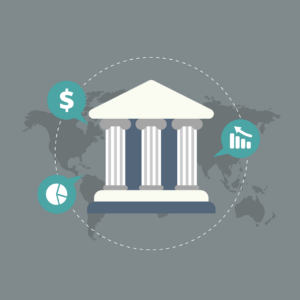 This week’s top story: Smart Money podcast on CDs and managing a life-changing windfall. In other news: How to minimize the impact to your business from a bank failure, how Silicon Valley Bank failed, and the hurdles on the road to Medicare coverage of cannabis.
This week’s top story: Smart Money podcast on CDs and managing a life-changing windfall. In other news: How to minimize the impact to your business from a bank failure, how Silicon Valley Bank failed, and the hurdles on the road to Medicare coverage of cannabis.
Smart Money Podcast: Are CDs Worth It, and Managing a Life-Changing Windfall
This week’s episode starts with a discussion about certificates of deposit, or CDs.
Spooked by Bank Failures? Minimize the Impact to Your Business
Keep an emergency fund at a separate business bank to help insulate your company from a bank failure.
How Silicon Valley Bank Failed (and Why That Probably Won’t Happen to Your Bank)
Silicon Valley Bank failed after a series of events that aren’t likely to happen at your bank.
When Will Medicare Cover Medical Marijuana?
From regulatory to more practical issues, here are the hurdles on the road to Medicare coverage of cannabis.
 Today’s top story: What to do if you’ve been blacklisted by ChexSystems. Also in the news: How to avoid early withdrawal fees for CDs, steps to take if you can’t pay your taxes, and the high cost of being poor.
Today’s top story: What to do if you’ve been blacklisted by ChexSystems. Also in the news: How to avoid early withdrawal fees for CDs, steps to take if you can’t pay your taxes, and the high cost of being poor.